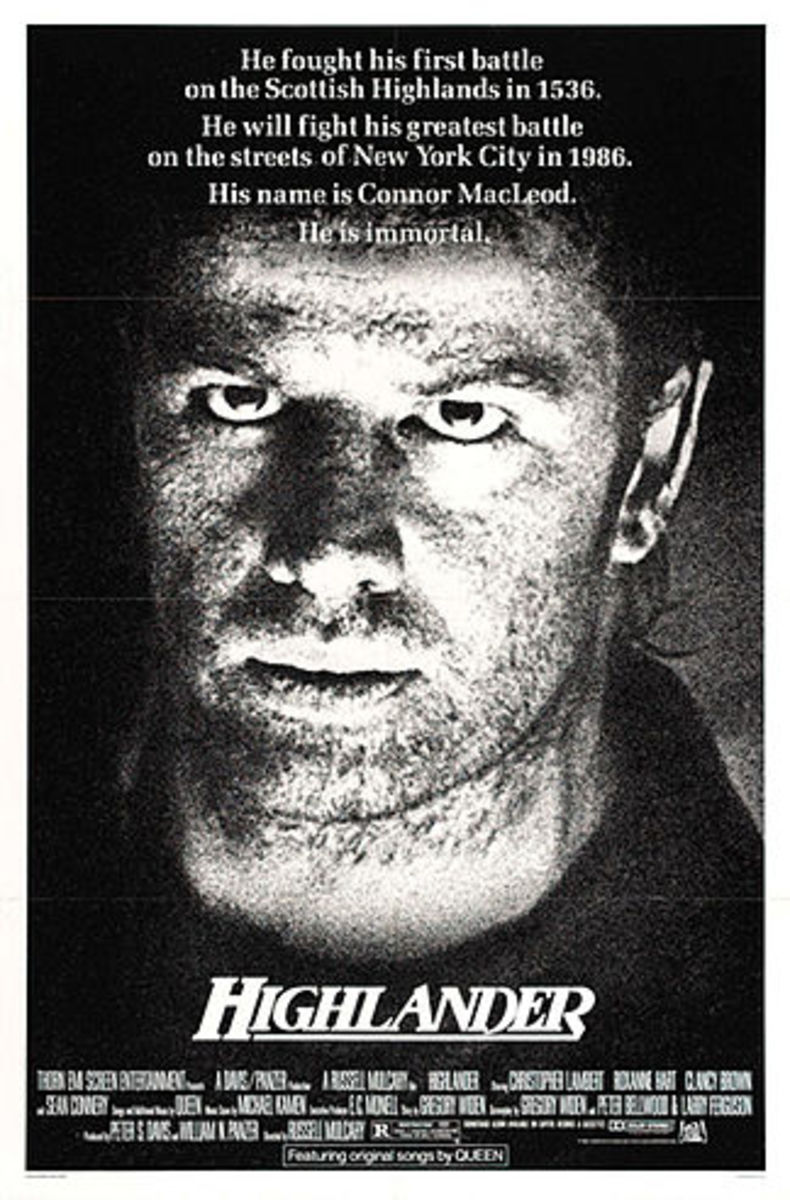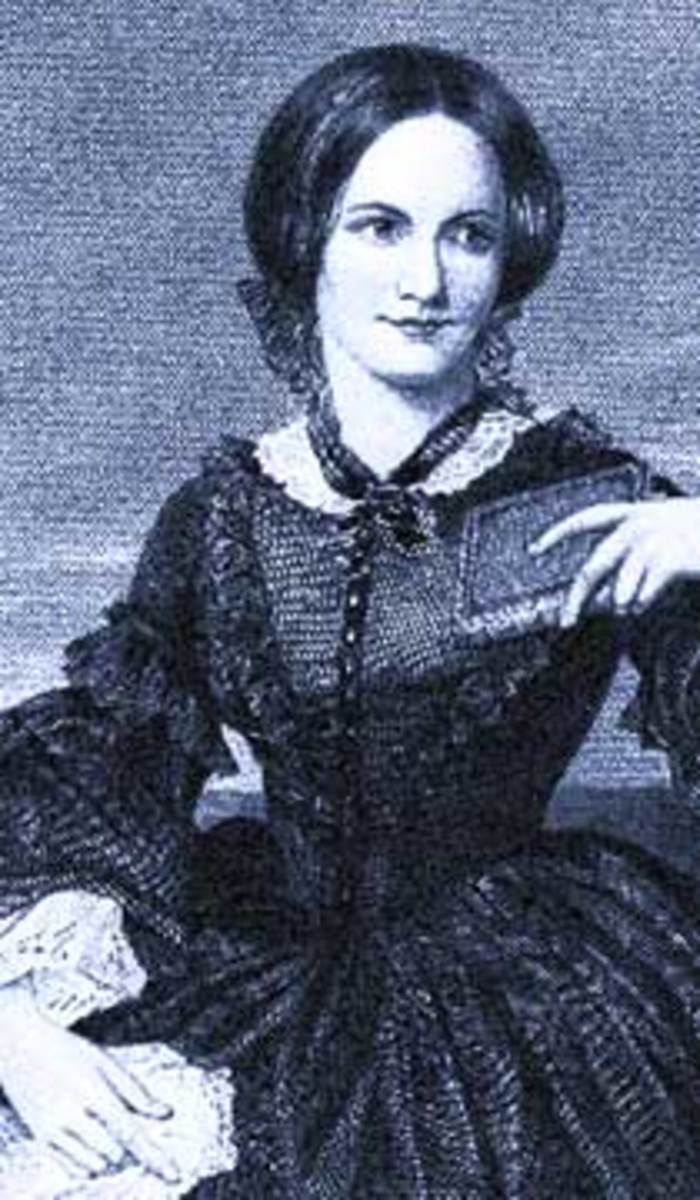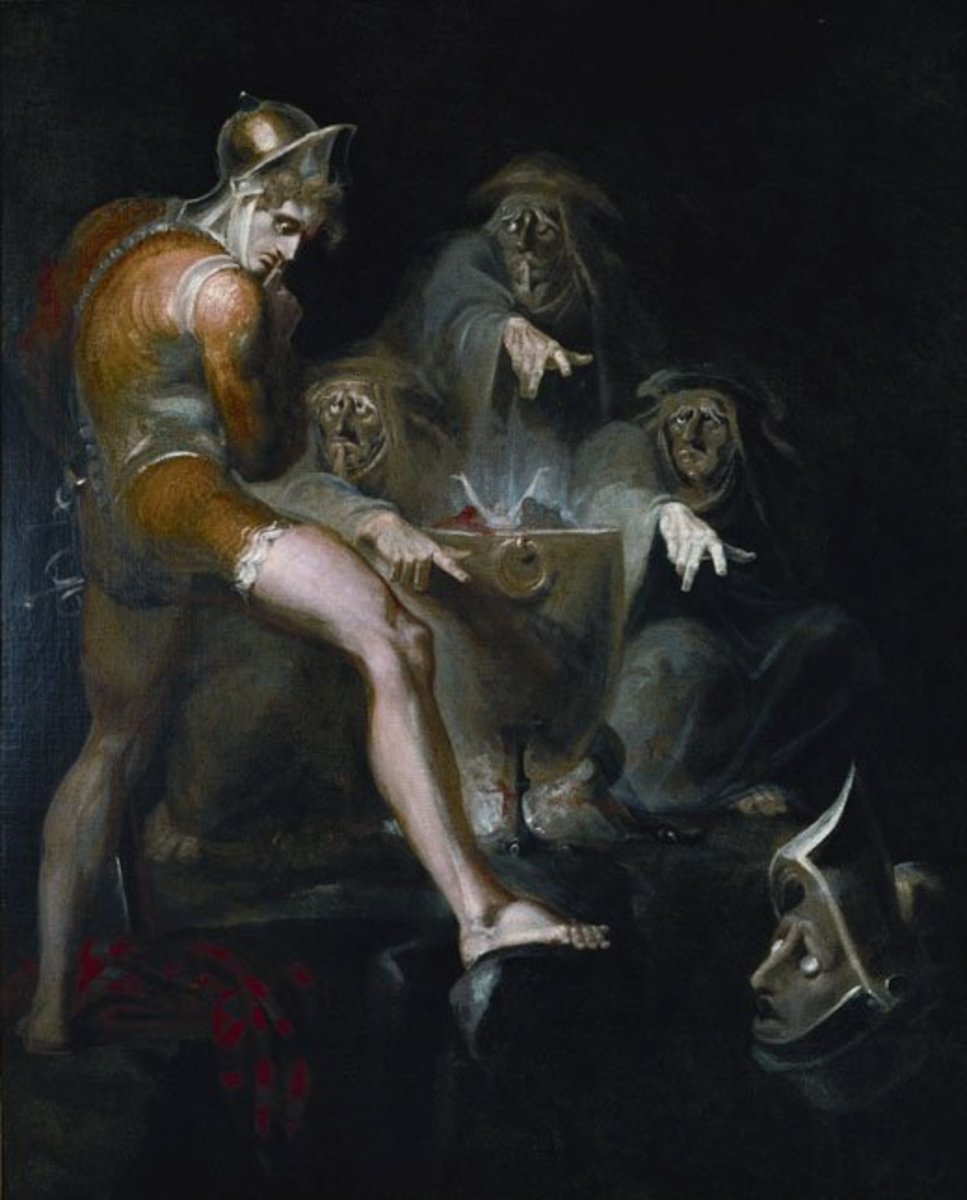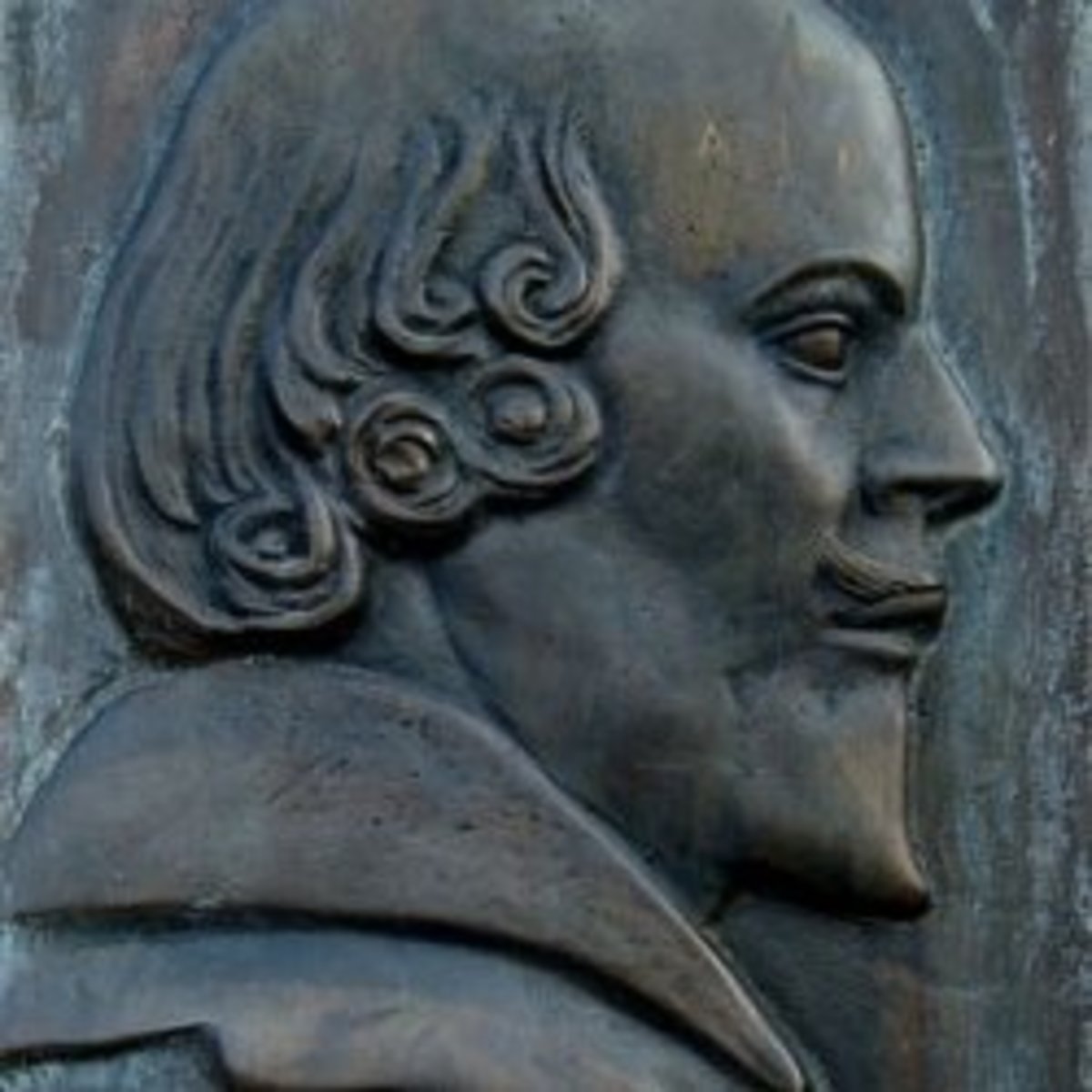Is Macbeth a Morally Ambiguous Character or Not?
In the play Macbeth, a great controversy arrives over whether Macbeth is evil throughout the play and completely at fault for his actions, or if external forces were part of the reason for his growing wickedness, so he was not the only one accountable for his dealings. In the play, justification for both arguments arise. The dispute focuses mainly on whether Macbeth changed from good to bad, or if the evil was there all along. Macbeth is not a morally ambiguous character and is solely responsible for his actions, due to his decision to kill Duncan, murder of innocent people, and fear masking his inner evil.
When Macbeth first heard the prophecy of the witches, his first thought turned to murder. This shows that he already had at least a slightly evil disposition, instead of just thinking that Duncan could die a natural death. After learning he is Thane of Cawdor, but before he even knows that Malcolm will be proclaimed the heir, he states, “My though, whose murder yet is but fantastical, Shakes so my single state of man that function Is smothered in surmise…” (1.3.139-141). Though his fear stands in the way, Macbeth is bad even before he kills Duncan. This is seen again when he sends his letter to Lady Macbeth. At the conclusion of his message, he tells Lady Macbeth that he tells her of the great prophecy so that she can be happy of what “greatness is promised thee” (1.5.11). This greatness refers to Macbeth becoming king, as it will make Lady Macbeth queen. Though this letter is after Macbeth learns that Malcolm is next in line for the throne, he still believes that he will become king, which obviously must be earned through malevolent ways. Macbeth didn’t have any obligation to tell Lady Macbeth of the prophecy, but yet he did, which prompted her persuasion to kill the king. As he had known his wife well, he must have known that her high ambitions would have created a situation in which she would want him to take whatever measures to become king himself. Though Lady Macbeth played some part in getting Macbeth to completely go through with the first murder, it was not originally her idea, but Macbeth’s, so he is responsible for the deed. Macbeth is scared of the consequences of what could happen if someone found out about the killing, but in his soliloquy, he talks about how there would be no problem if he could just kill Duncan without anyone finding out afterward. He truly is evil, but is also a coward and afraid of what could happen, which is the reason he was so worried before the murder.
After acquiring the throne, Macbeth still felt as if he needed to go a step farther to secure the crown and keep others from stealing it from him. He lived in fear that someone would find out that he killed Duncan. Both Banquo and Fleance had done nothing wrong, but even by just living, they threatened his position. He made the decision to kill them without consulting anybody, just relying on impulse. That he came to the conclusion that they needed to be murdered, even though they had done nothing wrong, shows his evilness. Macbeth only thought about himself, not even caring about anyone else. He even admits to Lady Macbeth that he is bad, when he tells her “O, full of scorpions is my mind, dear wife!” (3.2.36). Macduff’s family is another of Macbeth’s victims. The first apparition warns Macbeth to beware of Macduff, but soon after, Macbeth learns he has fled to England. He decides to kill all of Macduff’s family instead, though there is nothing to be gained from such a killing spree: “The castle of Macduff I will surprise, Seize upon Fife, give to th’edge o’th’sword His wife, his babes, and all unfortunate souls That trace him in his line.” (4.1.150-153). He does it without thinking, acting on whim, which goes to show that evil deeds come easiest to him because he is genuinely evil on the inside.
Macbeth struggles with decisions in the beginning, due to the fact that he is fearful of the consequences. Macbeth feels he needs to kill Malcolm because he’s in the way of his success. He states, “The Prince of Cumberland! that is a step On which I must fall down, or else o’er-leap, For in my way it lies.” (1.4.48-50) when he learns that Malcolm is to become heir. He then asks the stars to go out, so as to hide the darkness that is blooming inside of him. So even before Duncan’s murder, it is seen that Macbeth does possess wickedness, but it just has not come out yet. It is not because he is not evil enough to kill that he has doubts, but because he is a coward and needs encouragement that he will not fail or be caught. When Fleance escapes, Macbeth’s fear comes out again, as he tells the murderer: “Then comes my fit again: I had else been perfect Whole as the marble, founded as the rock, As broad and general as the casing air: But now I am cabined, cribbed, confined, bound in To saucy doubts and fears.” (3.4.22-26). Macbeth believes Fleance to be a great threat to the crown, because of the witches’ prophecy. He says he’d be “perfect” if Fleance was dead, meaning that he would be content, as only someone evil can be after a murder. His fear of what Fleance could grow to become overrides this evilness though, and he appears as if he is greatly troubled. He likes to feel secure, which is seen in his soliloquy when he says “If it were done, when ‘tis done, then ‘twere well It were done quickly” (1.7.1-2). Here Macbeth is saying that if he could kill Duncan without any lasting problems, then there would be no issues. Once again, this shows how his fear is what masks his wicked nature in the beginning, but that he was still bad throughout the entire play. This does not affect him as greatly in the end of the play because, though murdering made him afraid in the beginning, it is what he needs to do in order to stay safe now. This is because the only way to get rid of those people who know of the prophecy or suspect him of any of his previous deeds is to kill them off. It is not that Macbeth is becoming more evil throughout the play, but that he just learns to conquer his fear.
Through his decision to kill Duncan, killing of innocents, and the fear that hides his evil, it is seen that Macbeth is indeed responsible for his actions and is not morally ambiguous, as he has been evil the entire time. Being that he is corrupt the whole book, it shows how something must trigger a person for their evil nature to come out. In Macbeth, the witches’ prophecy is what sets off the wickedness. Macbeth’s evil needed a purpose, which is what the prophecy gave it. Before the prophecy came about, his evil was not known because it had no reason to come out, as he had nothing to use it for. Macbeth demonstrates how evil is not always apparent, but when it has an outlet, it will flourish, sometimes consuming the person as it does so, as it did with Macbeth.








